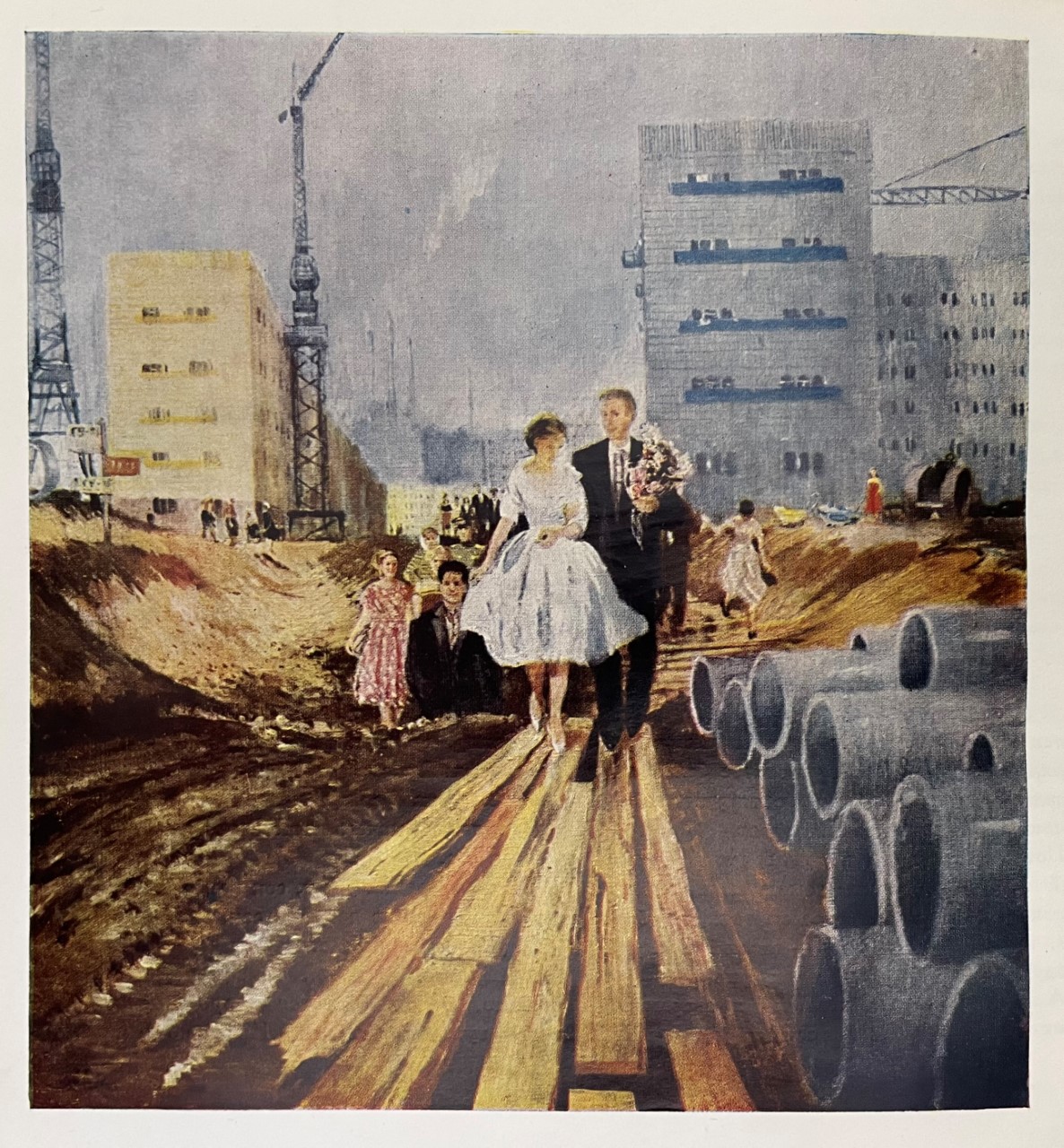Event
Designers, Ecosociologists, Human Geographers, and Urban Ethnographers
A New Wave of Soviet City Planning Expertise, 1968-1975

Speaker: Michael Brinley: PhD Candidate, History Department
Discussant: Domenic Vitiello, Associate Professor, Urban Studies and City Planning
Abstract:
The Soviet Union vastly increased its number of city-planning specialists in the post-war decades as the state construction bureaucracy launched a massive industrial housing construction system that could rapidly assemble prefabricated units for a booming and urbanizing population. The centralized coordination of rapid urbanization made more urgent the need for “working” general plans for hundreds of growing or greenfield cities. By the mid-1960s widespread dissatisfaction with conditions in new urban peripheries led to heated debates about how to improve the planning process. This chapter will look at the way that social scientists of various stripes increasingly played an important role in producing and assessing the final generation of Soviet city plans, deploying the rhetoric of ecological and cultural conservation, the cultivation of personhood (lichnost’), and the rationalization of resource use within the context of the Communist Party’s declared “scientific-technical revolution.” More and more sociological and demographic data were collected and mobilized by experts to argue for their proposed reforms, while simultaneous “experimental” grassroots initiatives in conservation, historic preservation, and build-to-own housing programs became commonplace under the purview of various cities’ chief architects. This transformation created a new dynamic from within the more traditional tension between industrialist-engineers and classically trained architects over the shape of the future city.
